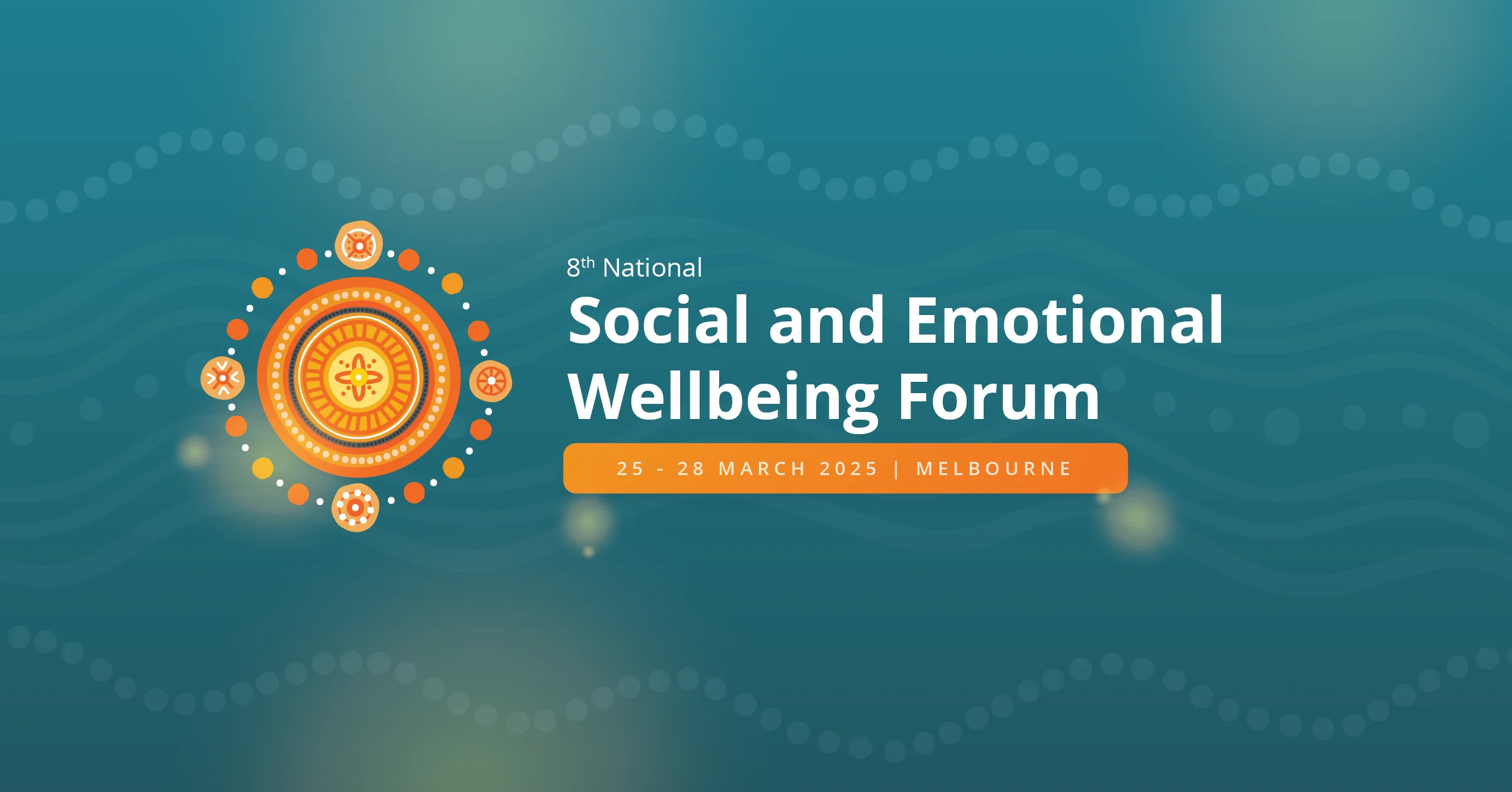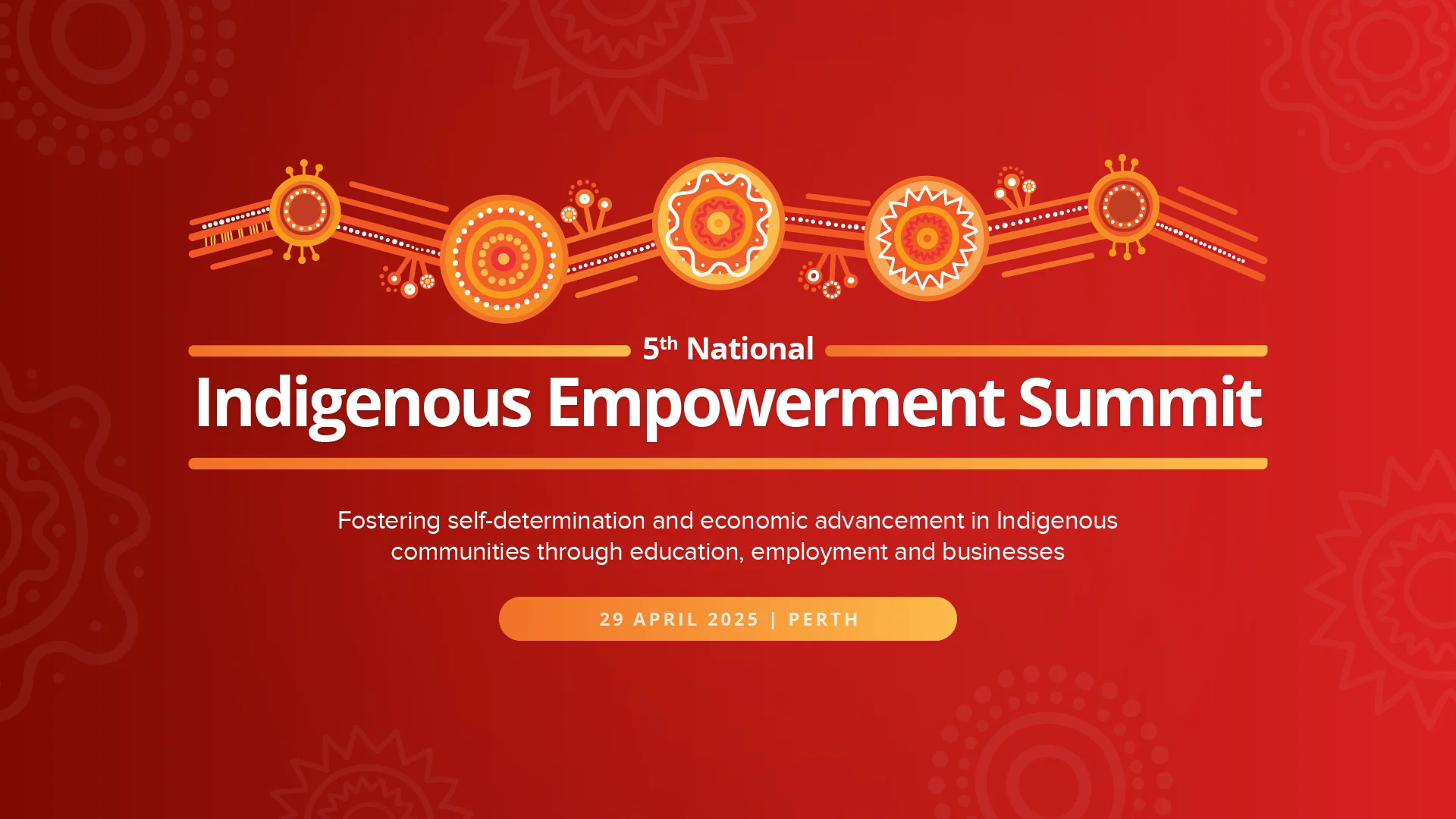Impact investing is where money is invested into programs, companies and funds with the intention of creating a measurable positive social and environmental impact, alongside a financial return.
From crowdfunding initiatives to creating new social enterprises, social entrepreneurs and not-for-profits (NFPs) are increasingly looking at new and innovative ways to generate revenue, grow their operations and reduce reliance on government funding.
By creating new opportunities for investors to both achieve financial returns and address societal challenges, impact investing expands the pool of capital available for funding social, cultural and environmental programs, and has the potential to transform our economy so that it works for people and the planet. Impact investing differs from grants because it targets a financial return, and is distinct from mainstream finance because it focuses on delivering measurable social outcomes.
Impact investors are people or organisations that provide the capital to fund a social, cultural or environmental program, and range from high-net-worth individuals and philanthropic trusts to governments, businesses and institutional investors.
Impact investments fund initiatives in aged care, the arts, community development, health, employment, housing, renewable energy, sustainable agriculture and international development.
The types of impact investments vary widely in their nature and scale, ranging from low-interest loans for NFPs to equity investments in social enterprises; from community or worker owned co-operatives to ‘payment for outcomes’ products such as social impact bonds.
Social impact bonds are a recent innovation that ties social outcomes to financial return for investors. These financial structures reward successful program outcomes if they are met, and the revenue to repay investors is typically generated through the cost-savings associated with a particular intervention. Social and development impact bonds are being piloted in various countries on issues as diverse as road safety, domestic violence and international development.
There are already a number of pioneering examples of impact investing in Australia. By broadening the mix of funding and financing options, a variety of NFPs are moving away from grant dependence, and developing strategies with greater impact and scale.
Australia’s oldest charity, the Benevolent Society has a strong culture of innovation, actively seeking new ways to tackle old problems and working to diversify and expand its sources of income. When the ABC Group went into voluntary liquidation in 2009, the Benevolent Society along with the Brotherhood of St Laurence, Mission Australia and Social Ventures Australia, put together a tender to create a pioneering social enterprise model for childcare. Backed by $95 million in investment capital, the ‘Goodstart Early Learning’ consortium purchased 678 childcare centres, providing care to 73,000 children. By 2012, Goodstart had achieved a surplus $8.3 million, met financial liabilities including repaying social investors their capital plus a 12 per cent return, while pursuing its mission of delivering children ‘the best possible start in life’.
The Benevolent Society also runs a program to keep children with their families, where safe, and avoid foster care. This NSW program is funded by private investors through one of Australia’s first ‘social benefit bonds’.
Building on this momentum, Australia now has a unique window of opportunity to accelerate the development of impact investing locally to link with growing activity regionally and beyond.
As one of eight counties (along with the EU) participating in the Social Impact Investment Taskforce established by the G8, Australia is at the frontline of this rapidly growing field. In September, the Taskforce launched an ambitious roadmap to unleash $1 trillion globally towards positive social change. At the same time, the Australian Advisory Board on Impact Investing launched a bold strategy to significantly grow impact investing in, and from Australia. Prioritising leadership, action and policy, the strategy is targeting a new $350 million social impact fund, support for social purpose organisations, transparency for the fiscal cost of social issues, and new data and analysis to support an efficient market. Impact Investing Australia is driving the implementation of this strategy including engaging with government to encourage a more supportive environment for impact investment and to remove existing barriers to entry.
With welfare and health expected to make up 52 per cent of our Federal budget by 2018, social services are set to become major areas of growth in Australia. Their economic significance underscores the opportunity for impact investing to play a key role in targeting government spending effectively, attracting more private capital, ensuring the money used is delivering positive outcomes and helping prevent social issues rather than merely deal with their costly consequences.
Recently, David Crosbie – the CEO of the Community Council for Australia – called on NFPs to embrace different revenue streams, highlighting the need for new money in the sector in order to do more good and create more change.
As the paradigm shifts, it seems probable that Australia will become a leader in impact investing, and in doing so build capacity for greater impact and scale within and for the NFP sector. Impact Investing Australia is inviting leaders from across the NFP, public and private sectors in Australia interested in innovative collaborative approaches to make a shift towards doing good at the same time as doing well.












